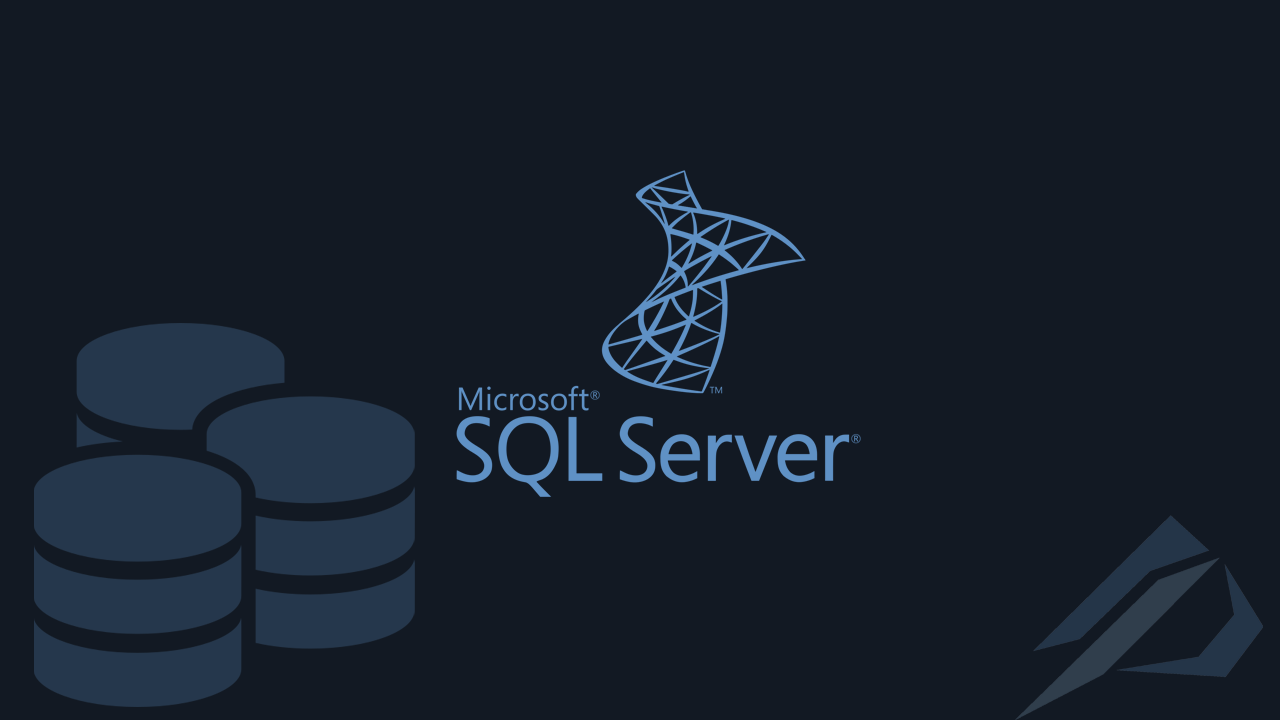How do we find what's slowing down queries in SQL Server?

Latest posts by Stratos Matzouranis (see all)
- How to convert a database from Physical Standby to Logical Standby in Oracle Data Guard - 2 June 2025
- How to roll back an Oracle Database using a restore point in a Data Guard environment - 28 April 2025
- How can we increase performance on Oracle GoldenGate Replicat target with parallelism? - 19 March 2025
Many times we will see that a query is delayed and we would like to know what is delaying it. To do this we need to know the wait types and what each of them means.
Specifically types they can show what delays a query during execution. Similarly, high waits in time and number can be seen aggregated and at the instance level.
There is a detailed list of all wait types here.
The most common wait types
- SOS_SCHEDULER_YIELD: indicates high CPU usage. It may be due to the use of intensive CPU tasks such as recompiling footage.
- CXPACKET: this wait is due to waiting for all parallel threads to complete. It is created as each thread receives a non-proportional weight for completing each other's work. The solution to the problem may be to increase it cost threshold of parallelism.
- WRITELOG: shows transaction log I/O latency. Moving the transaction logs to different fast disks can reduce this.
- LCK_M_IX: happens when there is a lock on the table or its page from an insert or update, it may be due to the lack of an index or the fact that it is fragmented.
- LCK_M_X: indicates that there is a delay due to row locks. It may be due to the use of a limiter isolation level.
- ASYNC_NETWORK_IO: indicates that there is a delay from SQL Server waiting for the client to finish processing the data.
- PAGEIOLATCH_SH: shows the delay in loading pages from disk into memory. It may be due to a reduced RAM memory that leads to not being able to hold a large number of pages, but it may also be due to low I/O on the physical disks.
- PAGELATCH_EX: usually due to multiple consecutive inserts with identity in the primary key. It may also indicate that they don't have enough database files in tempdb.
How do we find what is delaying a specific query?
When a query is executed we can through the dynamic view sys.dm_exec_requests let's find it last_wait_type so we can see what seems to be delaying the query at the moment.
SELECT d.name,p.command,p.session_id,t.text,p.start_time,p.status,p.total_elapsed_time/1000 as elapsed_time_secs,wait_time/1000 as wait_time,last_wait_type,p.blocking_session_id,m.granted_memory_kb,m.grant_time,p.plan_handle,ph.query_plan,p.sql_handle,dr.host_name,dr.program_name,dr.login_name FROM sys.dm_exec_requests p inner join sys.databases d on d.database_id = p.database_id outer apply sys.dm_exec_sql_text(p.sql_handle) t outer apply sys.dm_exec_query_plan(p.plan_handle) as ph inner join sys.dm_exec_sessions dr on dr.session_id = p.session_id left join sys.dm_exec_query_memory_grants m on m.session_id = p.session_id where 1=1 and text is not null --and p.session_id in (select spid from sysprocesses where blocked<>0) --find blocked only order by p.start_time

Wait statistics on the entire instance
However, we can also see the total top 10 waits that the SQL Server instance had since the last time it was restarted or DBCC SQLPERF('sys.dm_os_wait_stats', CLEAR):
select top 10 * from sys.dm_os_wait_stats order by wait_time_ms desc





